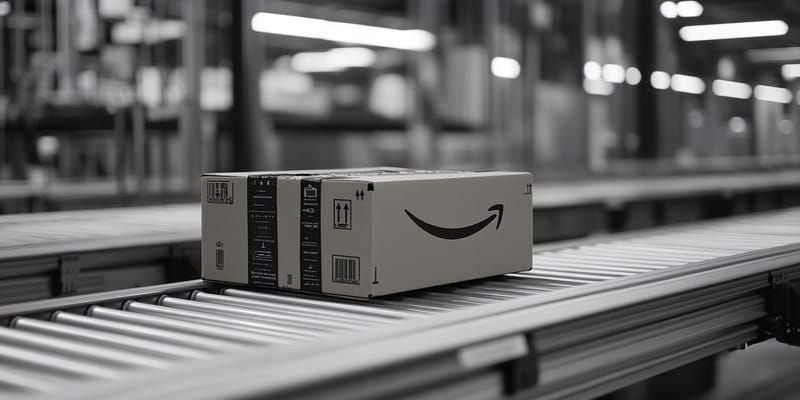Mass Protests Erupt in Haiti Over Escalating Gang Crisis

Thousands of Haitians marched through the streets of Port-au-Prince on Wednesday to protest the growing power of armed gangs that now control nearly all of the capital and surrounding areas. Demonstrators expressed anger over the government's inability to stop gang advances.
Armed groups united under the "Viv Ansanm" coalition have forced more than 1 million people from their homes. This mass displacement has frozen the economy and led to widespread hunger. The gangs are also accused of carrying out extortion, mass rapes, and killings throughout the areas they control.
Haiti's transitional government, a rotating body of presidential council members appointed nearly a year ago, has made little progress against the gangs. The UN-backed security mission, which remains understaffed and underfunded, has also failed to curb the violence.
"Today, Haitian people will fight to be free already. We are free. Those men today cannot frighten me," protestor Joseph Mackendy told Reuters during the demonstration. The protest began peacefully with residents carrying banners and palm fronds.
Some demonstrators were armed with:
- Machetes
- Firearms
The initially peaceful protest turned chaotic when gunfire erupted later in the day, causing panic and sending crowds fleeing. Another protester, Julien David, stated: "We, the residents of the Solino neighborhood, we want to return home, and we will go home."
Many critics claim the government's poor performance against gang advances is connected to state corruption and possible collusion with armed groups and their financial backers. The government denies these accusations, though Haiti has a long history of corruption, and its judicial system has been paralyzed by the violence.
The protest occurred days after a mass jailbreak in the central town of Mirebalais. Adding to Haiti's troubles, the United States imposed 10% tariffs on Haitian goods on Wednesday. This represents a significant blow to the Caribbean nation, which counts the U.S. as its top trading partner. Economist Enomy Germain called it "one more problem for a suffering country," noting the U.S. recorded a $598 million surplus on trade with Haiti last year.
The Haiti tariffs are part of President Trump's broader "Liberation Day" trade initiative announced on April 2. The White House characterized these sweeping tariff measures as "one of the most important days in modern American history," despite concerns they could lead to slower global growth and higher inflation. European markets showed immediate negative reaction, with trading indices falling ahead of the formal announcement.









